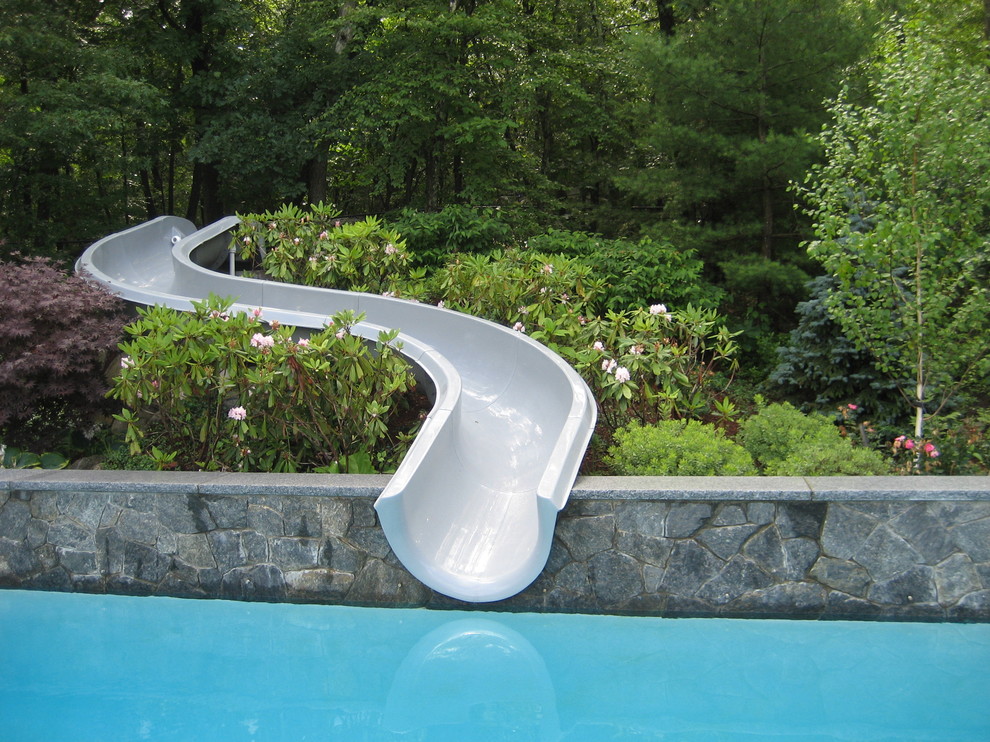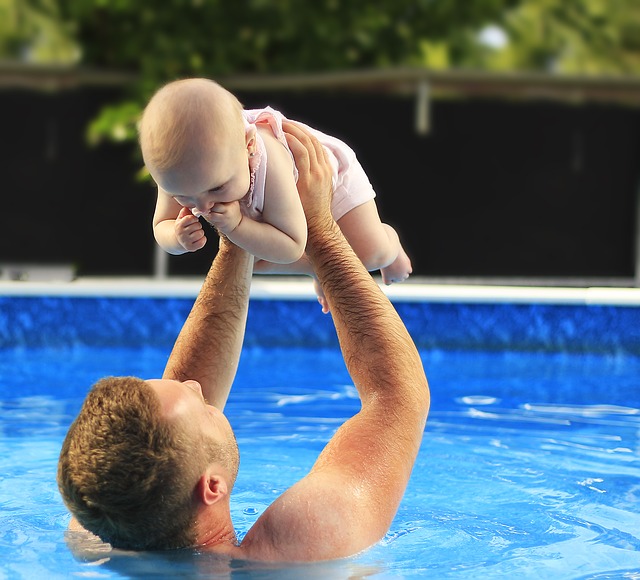Owning a swimming pool is certainly a great idea for unwinding and relaxing. Hosting a weekend pool party, having a date by the pool, or even scheduling workouts are some of the enjoyable activities that can be done. Worth it, right?
Making Your Pool Better
But all this fun can’t happen if you have a poorly maintained pool. Maintenance is the epitome of a satisfactory experience. Here are some of the ways to improve your swimming pool experience:
1. Inspect Your Swimming Pool
Closely monitor your pool to identify the presence of cracks, loose gates, weakened walls, drain and pump defects, damaged filters, and non-functional slides and ladders, among many others. This will help you avert any accidents such as your kids being injured in the pool, water contamination from rust, and corrosion of reinforcement bars that could weaken the walls.
2. Regularly Clean Your Pool
Naturally, swimming pools get dirty with time as the wind blows dirt and debris into the water. Swimming in dirty water isn’t advisable and you don’t want your pool water to get to the point of looking cloudy. As such, always have at your disposal pool cleaning supplies such as skimmers, chemical cleaners, and vacuum heads and hoses.
Swimming in clean water isn’t only blissful, but it also prevents you from developing skin irritation and water-borne diseases like cholera, typhoid, and dysentery.
3. Skim Regularly
Probably, your pool is surrounded by a garden for decorative purposes. If this is the case, then organic material in your pool will be a constant issue. Your pool filter may not always take care of all the particles, so a regular skim will do a great job in ensuring your pool remains clean.
For a pristine pool, do skimming daily. If you can’t monitor it every day, you can invest in a robot vacuum cleaner and have the job done with minimal input from you. But note that this might cost you a dime.
The other alternative is acquiring a pool cover. A cover works efficiently in making sure no dirt, debris, plant matter, and pests would invade your pool. This would make cleaning easier on your part.
4. Apply Chemicals
This is the most common way of cleaning swimming pools. Use chemicals like chlorine, bromine, and algaecide. For a balanced water pH level, chlorine shouldn’t exceed 4.0 parts per million (ppm). This ensures the pool water maintains a near-neutral pH of 7.0, which is safe for you to swim in.
You can also use sodium bicarbonate to help raise the alkalinity levels of your pool and to improve water clarity.
5. Test The Chemical Levels
Keeping up with the correct water chemical levels is another sure way of having the pool water remain safe.
To ensure your water isn’t a threat to your swimming adventure, you need to examine the water as often as possible. You can easily acquire a water testing kit to get accurate results. Such tests help you identify potential cleaning problems coming up in your pool.
Here are three essential chemical levels you must get right:
- Total alkalinity: This should be at a range within 80-120 ppm for pH balance.
- Calcium hardness: This should range between 220-350 ppm. For pools with vinyl siding, calcium hardness should be even lower. Maintaining proper calcium hardness levels helps avoid plaster damage.
- Cyanuric acid: This protects chlorine from sunlight and helps in realizing the most appropriate free chlorine levels. Free chlorine keeps your pool water free from germs.
6. Bathe Your Pets Before They Swim
Every time you go swimming with your pets, it’s important to ensure they’re clean. For instance, dogs can carry lots of dirt on their paws if they’d been playing on bare soil. It’s not advisable to allow them to dirty your pool and then be left with the cleaning burden. So give your pets a quick bath to rid them of all dirt before swimming with them.
In this same sense, erect a fence around your swimming pool to deter the pets from jumping into the pool on their own.
Here’s A Take-Home
Regular pool maintenance is important if you want to enhance your swimming pool experience. While you can personally handle most of the maintenance activities, it pays to schedule yearly service appointments with swimming company service providers. They’ll give you professional advice on the health status of your swimming pool and recommend the necessary corrective and preventive measures you should take.
Responsible enjoyment entails responsible maintenance. Be a happy pool owner by trying these tips!
















